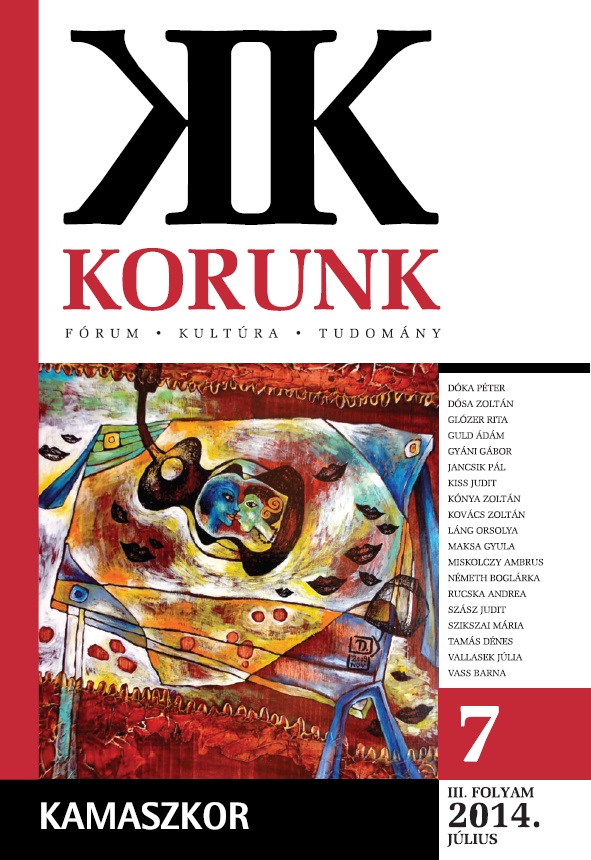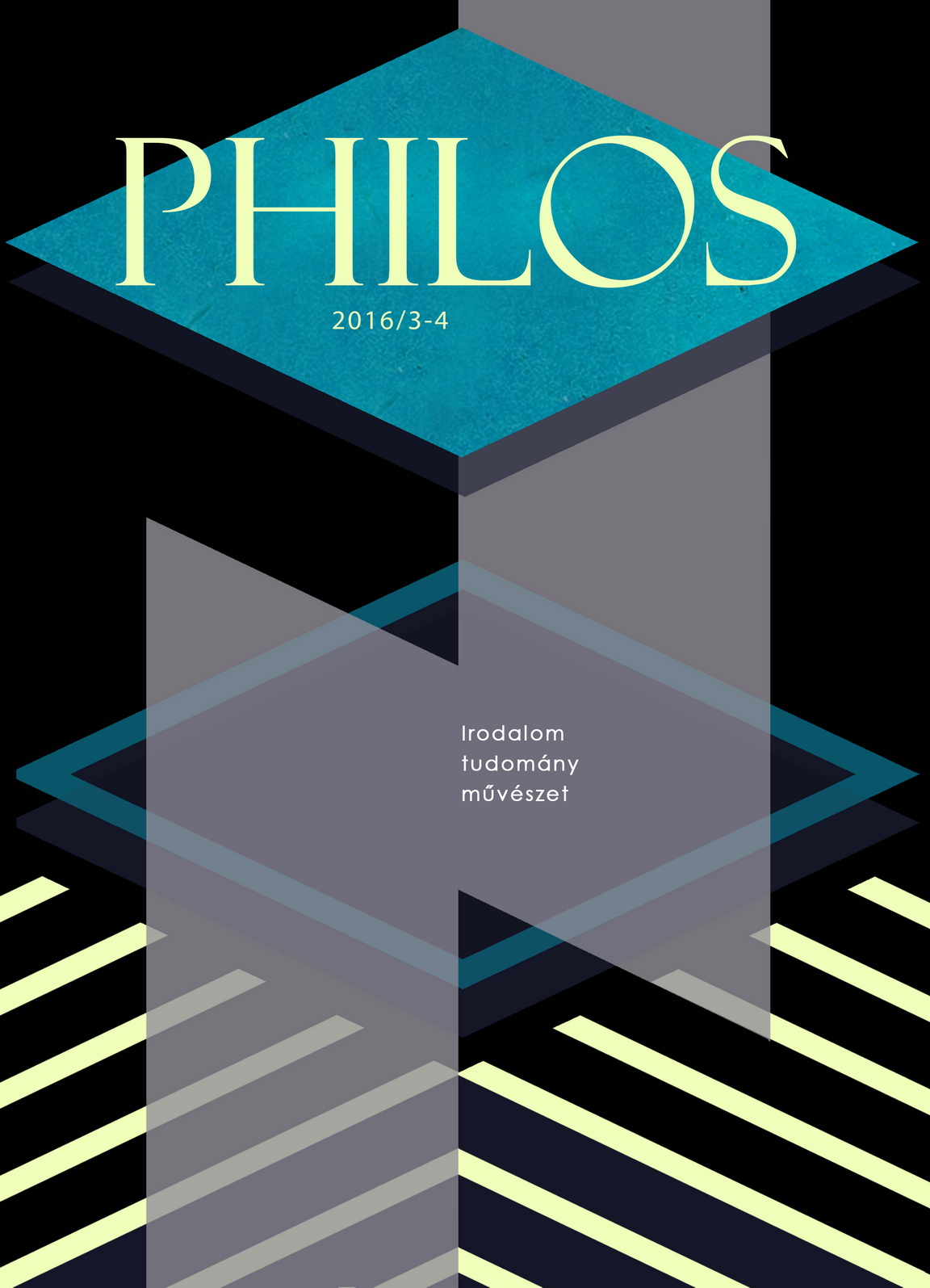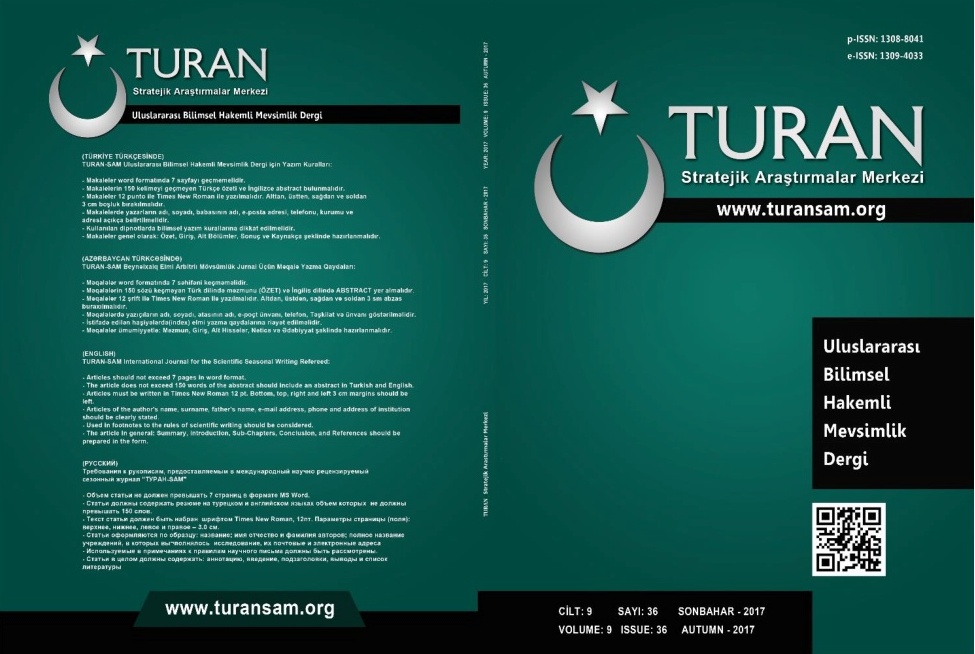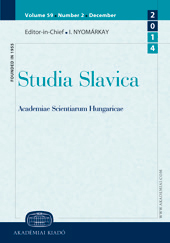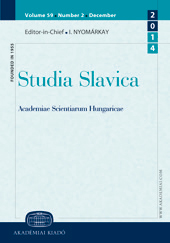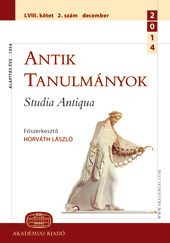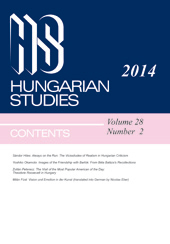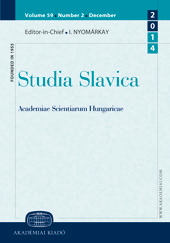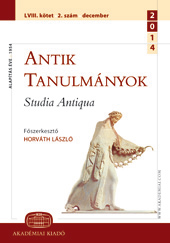Author(s): Edit Andrić / Language(s): Serbian
Issue: 2/2017
Since the very outset of his literary work, Ivo Andrić was highly regarded by Yugoslav Hungarian writers and later, by the mainstream, too. Literary critics on either side of the state border followed his work closely and translators hastened to translate all of his writings as soon as they were published. Most of Andrić’ novels were translated into Hungarian by the renowned translator Zoltan Csuka, who is often claimed to have “revealed” Andrić to Western literature by having translated his novel The Damned Yard in 1947. The Hungarian translations of all major works of this Nobel prize laureate can be traced back to Zoltan Csuka. Unfortunately, the large quantity of works Csuka undertake to translate occasionally resulted in translations which were not entirely accurate. This, however, is only noticeable to those who know well the original of Andrić’ works. The Woman from Sarajevo is Andrić’ only novel which was not translated into Hungarian by Csuka but by another excellent writer from Vojvodina, Janos Herceg, who was deeply impressed by Andrić’ short texts as a young man, and whose style was heavily influenced by Andrić.
Hungarian literary critics seem to have been well aware of all the details of Andrić’ literary works, they were genuinely fond of him, understood him completely and accepted him without reservation. Unlike most critics in Andrić’ homeland, they also tolerated all his little „excursions” in terms of subject matter and style. They sought deeper explanations and defended Andrić strenuously from various (mostly ideological) attacks.
To Vojvodinian Hungarians, Bosnia is quite close on the one hand, but very exotic, on the other, both familiar and alien, but definitely attractive. This is the reason why the translations of Andrić’ works by members of the Hungarian minority succeed in rendering the atmosphere of these works in a familiar and reader-friendly way but keeping the allure of the inscrutable and of the uncommon and thus bringing closer to the readers a mentality hitherto unknown to them.
Andrić and his entire literary opus have had an enormous impact on Hungarian literature in Vojvodina (and beyond), not only in terms of subject matter (Mihalj Majtenji), but also in terms of style and manner of expression. Much of his deep foresight and universal wisdom has been adopted alongside his descriptions of larger-than-life characters. Sometimes, a single Andrić-like sentence would give rise to a wealth of strong connotations, which would result in a unique way of looing at the reality, the world and human nature.
More...
